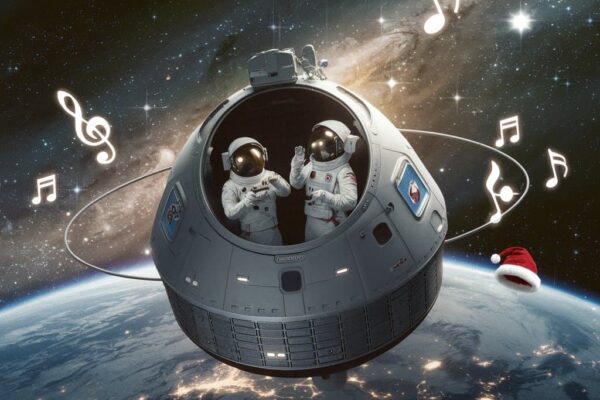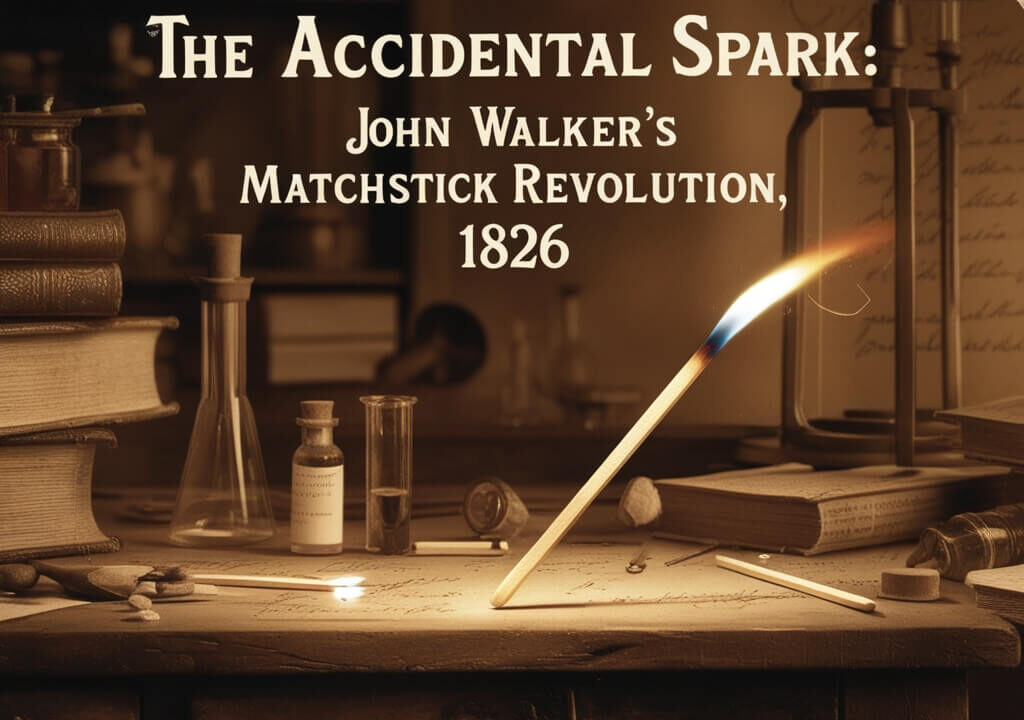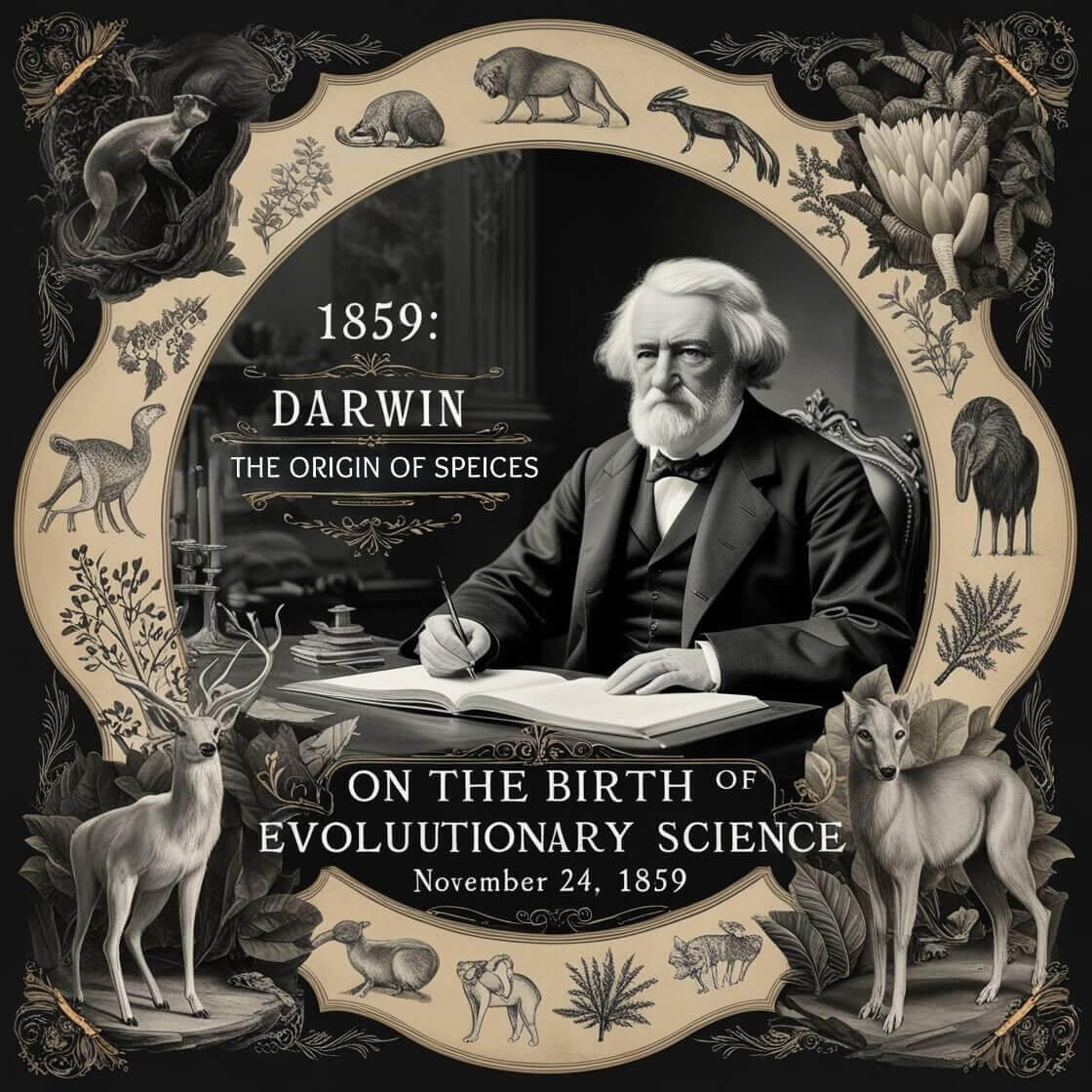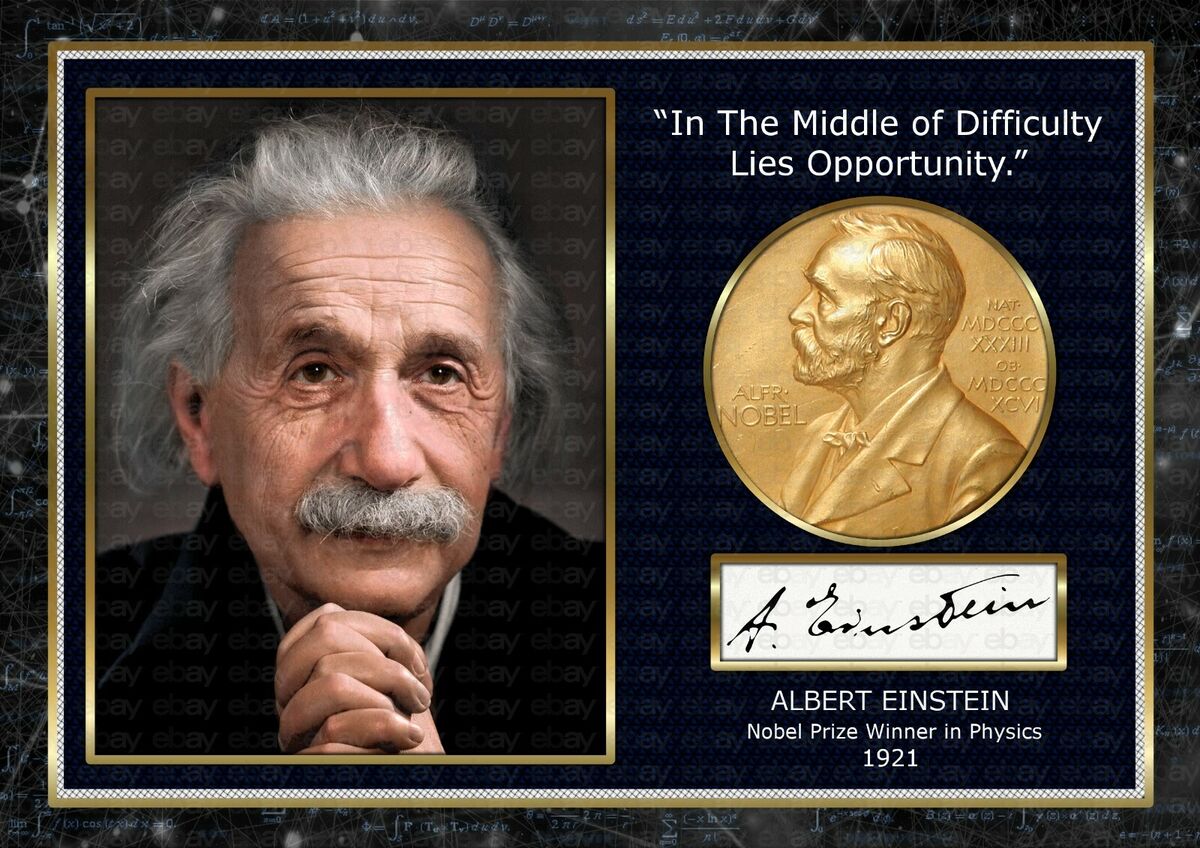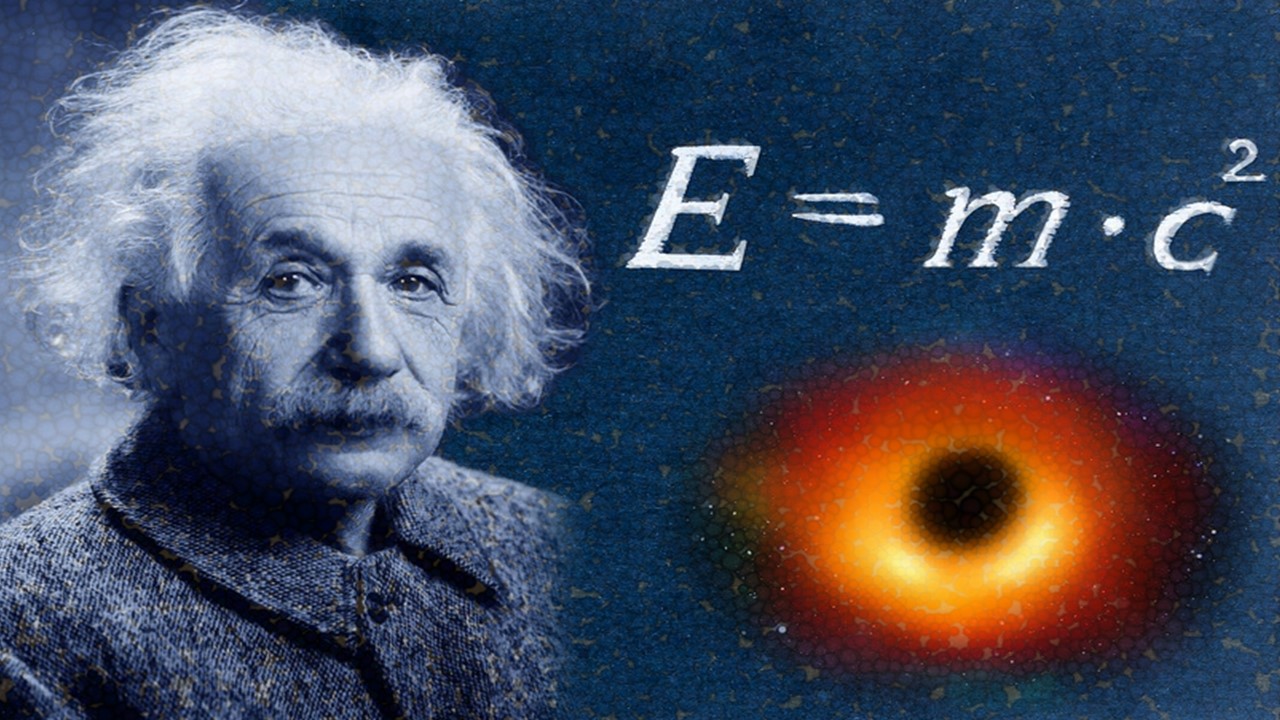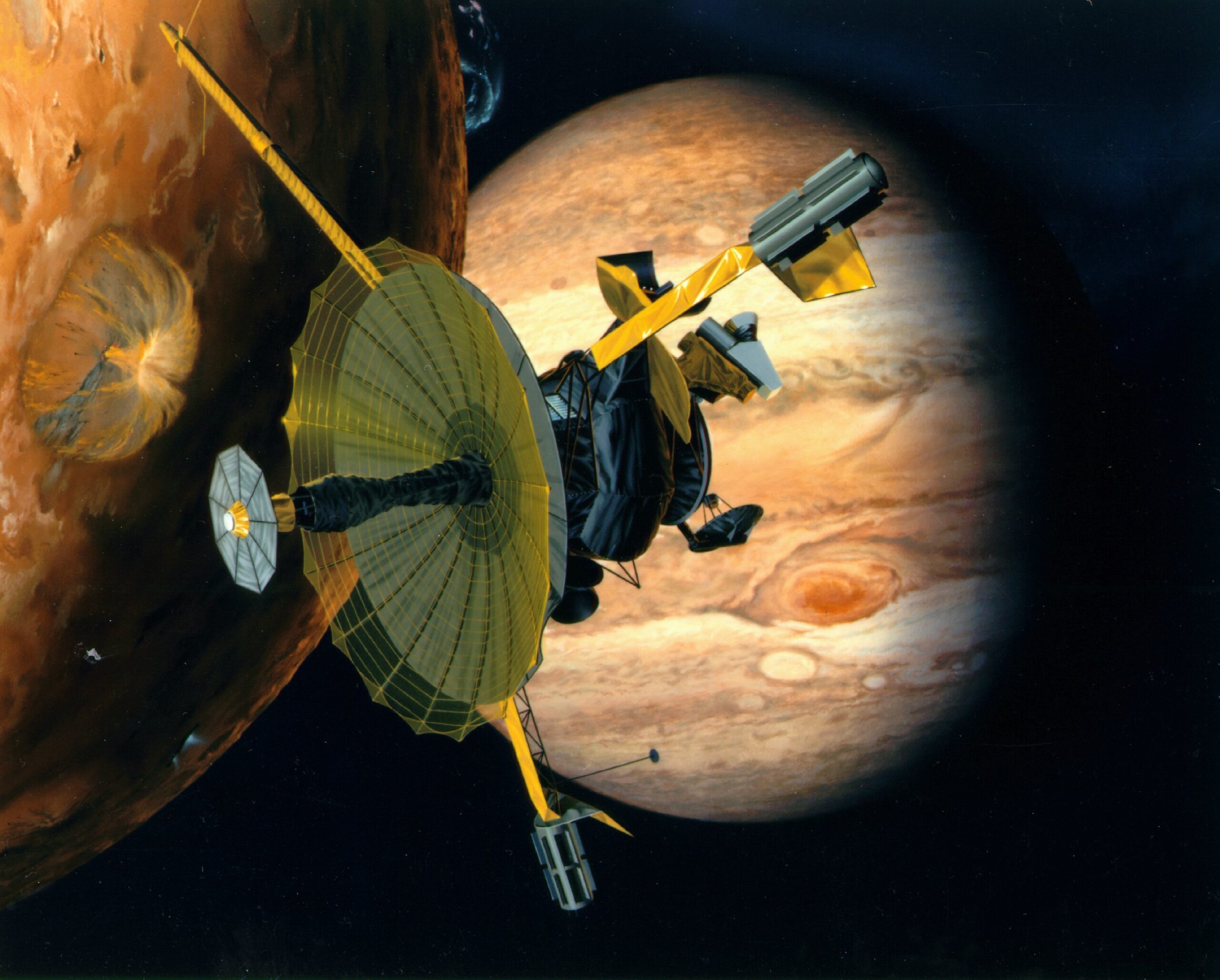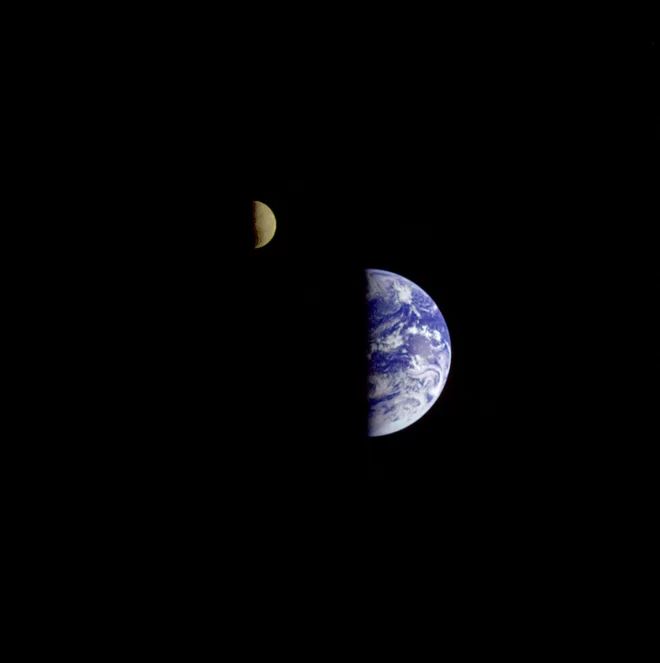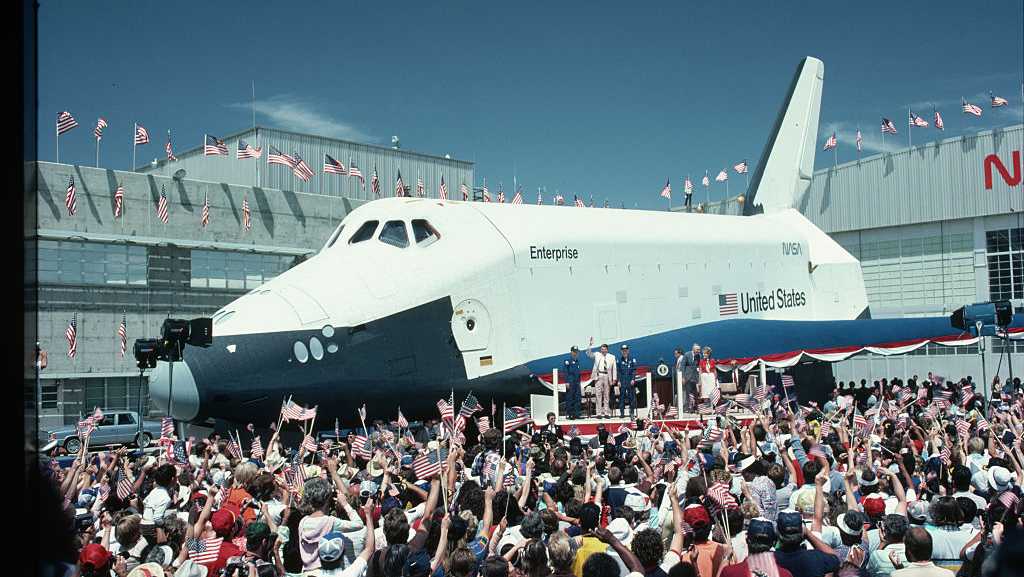
The First-Ever X-Ray Machine Public Demonstration: A Medical Science Revolution
On January 18, 1896, the first public demonstration of the X-ray machine took place, marking a pivotal moment in medical science. This revolutionary invention, introduced by Wilhelm Conrad Roentgen, unveiled the power of X-rays to visualize the internal structures of the human body without invasive procedures. The demonstration captivated audiences and laid the foundation for modern radiology.

